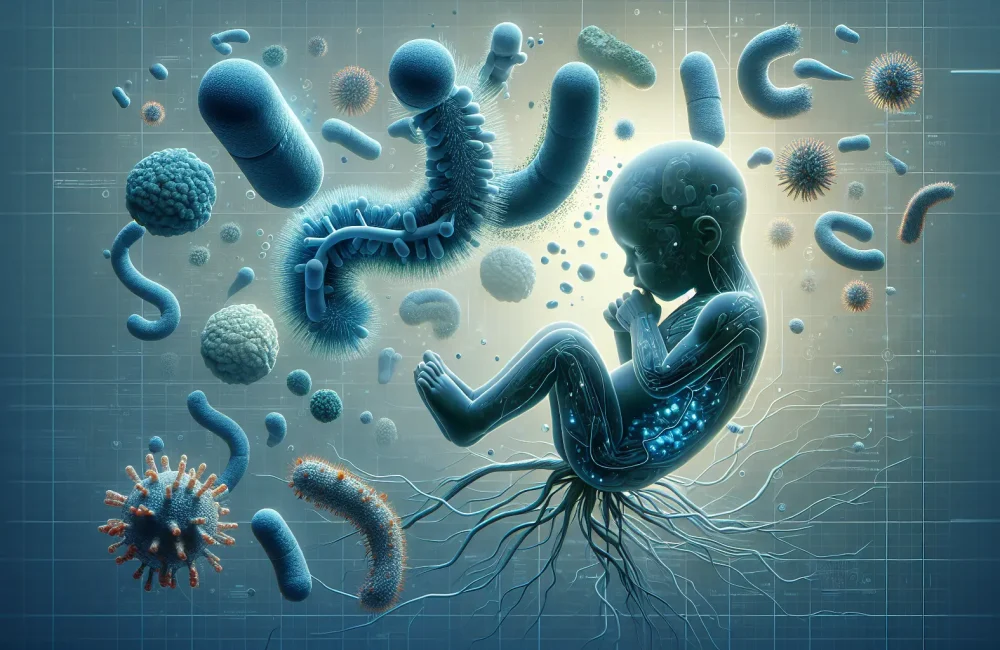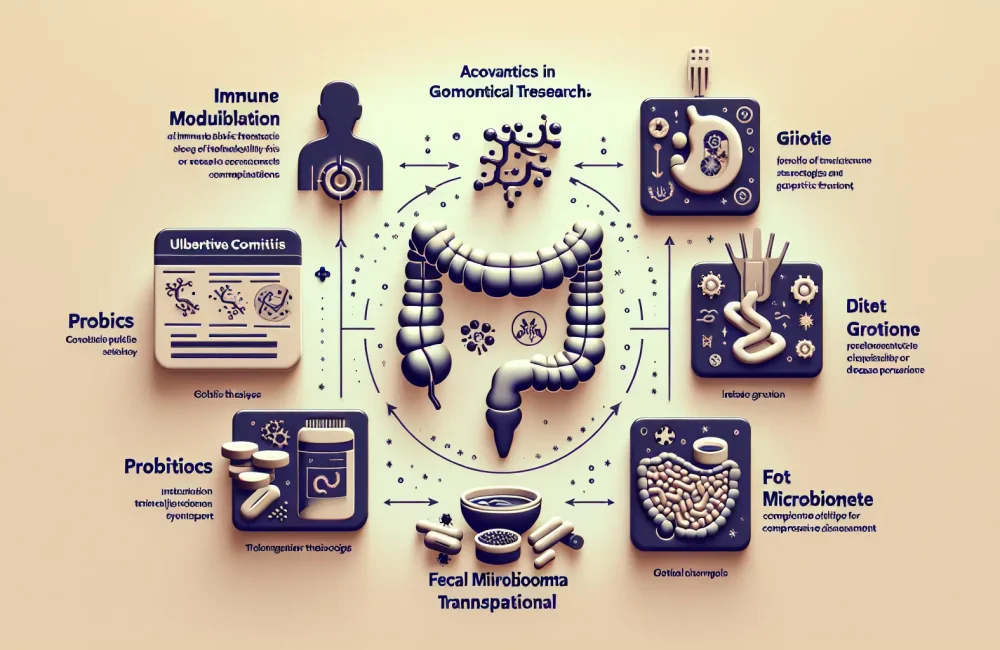By CAFMI AI From Gastroenterology
Disrupted Gut Microbiome in Preterm Infants and Its Clinical Significance
**Overview of Gut Microbiome Alterations in Preterm Infants:**
Preterm birth significantly alters the development of the gut microbiome and virome in early life, which plays a critical role in immune system maturation and overall health. This shift is characterized primarily by a loss of beneficial bacterial populations alongside an increase in opportunistic pathogens. The study under review conducted a longitudinal, multi-omics investigation involving stool samples from both preterm and full-term infants collected during their first year. Metagenomic sequencing was employed to delineate the bacterial and viral communities present and network analysis was utilized to pinpoint keystone species—those that maintain microbial community structure and function. Importantly, preterm infants demonstrated a depletion of key beneficial bacteria and disruption of viral populations that normally serve as microbial stabilizers in full-term infants. These disrupted microbial networks may compromise gut barrier integrity and immune regulation, laying a foundation for future clinical complications.
**Implications for Immune Development and Risk of Childhood Diseases:**
The study highlights the association between the altered microbiome in preterm infants and elevated risks of immune-mediated childhood diseases such as atopic dermatitis and asthma. Keystone bacterial and viral species identified in full-term infant microbiomes were deficient or replaced by less beneficial species in preterm infants, destabilizing microbiome networks that are vital for immune system education and tolerance. Functional analyses from the data suggest these keystone taxa contribute to immune modulation and strengthening of the gut barrier, mechanisms critical for preventing aberrant immune reactions. Hence, premature disruption of these species may predispose preterm infants to allergic and respiratory illnesses during childhood, underpinning a mechanistic link between early microbial dysbiosis and disease susceptibility.
Longitudinal Multi-Omics Approach Reveals Microbial Network Changes
This research utilized a longitudinal design coupled with multi-omics analyses, including metagenomics, to track microbiome and virome dynamics in preterm versus full-term infants. Stool samples collected throughout the first year of life allowed for temporal observation of microbial community shifts and interactions. Network analysis was key to identifying keystone species—microbes that hold significant influence over the overall community’s stability and function. The findings demonstrated that preterm infants consistently lacked several of these keystone microbes, resulting in fragmented and unstable microbial ecosystems. Such instability may hinder proper microbial succession and delay the establishment of a mature, balanced gut microbiome, consequently affecting digestive health and immune system programming.
Potential Therapeutic Targets and Future Research Directions
Recognizing specific keystone bacterial and viral species missing or altered in preterm infants opens avenues for targeted microbiome therapies. Probiotic or prebiotic interventions aiming to restore these critical taxa could promote healthier microbiome development, improve gut barrier function, and potentially reduce the risk of immune-related diseases in this vulnerable population. The study advocates for deeper mechanistic research into how these keystone microbes interact with host immunity and other microbes. Additionally, it highlights the importance of early-life screening and personalized strategies to mitigate the long-term health impacts associated with premature gut microbial dysbiosis.
Read The Original Publication Here






